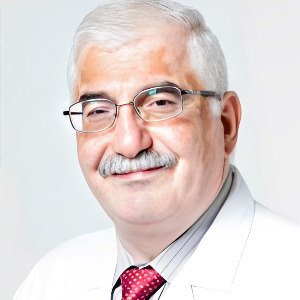The study of how cells influence gene activity without modifying the DNA sequence is known as epigenetics. Modifications to DNA that control whether genes are turned on or off are known as epigenetic changes. These changes are made to DNA and do not alter the sequence of the DNA building units.
Epigenomics is the study of global epigenetic alterations, which can reveal crucial information about the mechanisms and functions of gene control in a cell or organism. Epigenomic alterations are also linked to prediabetes, obesity, and insulin resistance.
Diabetes is a long-term metabolic disorder caused by a combination of hereditary and environmental factors. Diabetes's global prevalence has driven up the expense of treating the disease and its various devastating effects. Diabetes is thought to be caused by a combination of genetic factors and critical gene alterations.
- Epigenetic Reprogramming
- Epigenetic Variation
- Epigenetic Signals

Mahir Khalil Ibrahim Jallo
Gulf Medical University, Canada
Yong Xiao Wang
Albany Medical College, United States
F Buck Willis
Belize Bible College, Belize
Sujith Rajan
NYU Long Island School of Medicine, United States
Amy Gutman
AdventHealth; Tough Love MD, United States
Paraskevi Theofilou
Hellenic Open University, Greece


Title : Does winter melon (Benincasa hispida) improves nutritional values and ameliorating glycaemic parameters?
Wan Rosli Wan Ishak, Universiti Sains Malaysia, Malaysia
Title : Adipose MTP deficiency protects against hepatic steatosis by upregulating PPAR activity
Sujith Rajan, NYU Long Island School of Medicine, United States
Title : Important roles and mechanisms of novel calcium signaling in diabetes-induced vascular dementia
Yong Xiao Wang, Albany Medical College, United States
Title : The menopausal mind: Reframing female senescence as a neuroendocrine disorder with root cause management strategies
Amy Gutman, AdventHealth; Tough Love MD, United States
Title : Glucagon a plausible contributor, hiding in plain sight
Harris Edward Phillip, NHS, United Kingdom
Title : Diabetes reduction (pre-diabetes and type 2) with integrative medicine
F Buck Willis, Belize Bible College, Belize